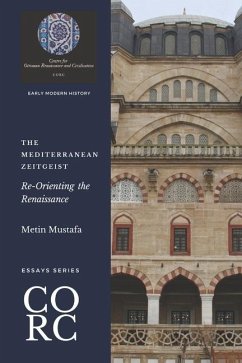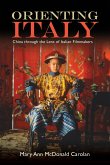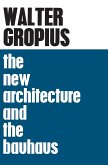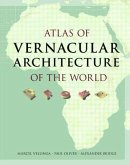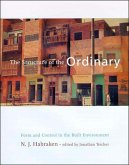The accomplishments of the civilisation of early modern Europe is inconceivable without the achievements of medieval Islam and the Ottoman Empire. It is most pertinent that historians explore the notion of cultural enlightenment in the early modern period from an inclusive paradigm - one that unites rather than erect barriers across civilisations. Exploring the notion of the Mediterranean zeitgeist from a culturally inclusive perspective widens our scope of understanding of the meaningful practices that is specific to a particular historical time-period. These meaningful practices, including architectural accomplishments, hybrid objects of cultural materialism, and the iconography of public ceremonials by the ruling elite, most often include recurring symbolic structures that underpin the idea of the Mediterranean zeitgeist. These recurring symbolisms in early modern Europe and the Ottoman Empire respectively underscore the human, cultural and intellectual phenomena that ultimately associate with cultural identity and affirmation of court ceremonial grandeur. It can be argued that the idea of Mediterranean zeitgeist, instead of concentrating and elaborating upon the differences between cultural accomplishments, rather celebrate each age or epoch through the central thesis of historicism. It is, therefore, the aim of the essays in this book to provide a discussion that firstly redefines what we mean by the term "Renaissance" in Essay I and then reconsider the patterns of cultural practices in Italy and the Ottoman Empire in the sixteenth century from a revisionist paradigm in Essays II and III respectively. By re-Orienting the Renaissance, the history of the Mediterranean zeitgeist in the sixteenth century commemorates the shared cultural accomplishments that epitomised the spirit of the age.
Hinweis: Dieser Artikel kann nur an eine deutsche Lieferadresse ausgeliefert werden.
Hinweis: Dieser Artikel kann nur an eine deutsche Lieferadresse ausgeliefert werden.

